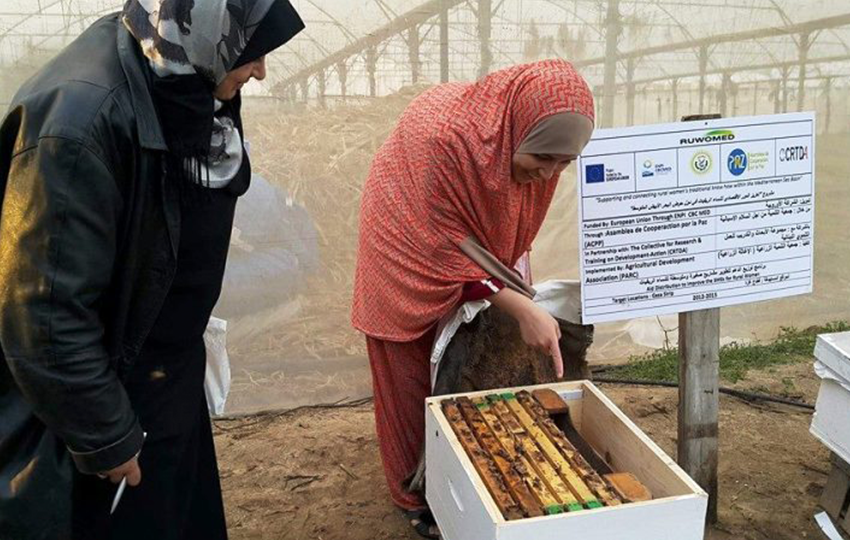Gender equality is key to the development of the Mediterranean area: the new Programme devotes special attention to women’s empowerment, which is considered as a priority cross-cutting issue to guide the implementation phase,” said Mr. Federico Martire, coordinator of the Programme’s Branch Office in Valencia (Spain), at the First International Conference on Preventive Diplomacy in the Mediterranean.
The Programme took part in the First International Conference on Preventive Diplomacy in the Mediterranean, on the theme of conflict prevention and the UN agenda. The event was held at Casa Mediterráneo in Alicante on 30 and 31 of May in the framework of the non-permanent membership of Spain to the UN Security Council. Opened by Spain’s Minister of Foreign Affairs Mr. José Manuel García-Margallo y Marfil, the conference saw the participation of Ministers, ambassadors, high officials of international organizations, and representatives of the civil society of the Mediterranean area.
Speakers discussed the issue of “preventive diplomacy” and its effects on national sovereignty, suggesting a switch from a culture of action to a culture of prevention. Concrete actions to alleviate local populations’ hardships and promoting social inclusion were also deemed essential for conflict prevention.
In a panel under the title “The women, peace and security agenda in the Mediterranean area”, attended by UNESCO Director-General Ms. Irina Bokova, Mr. Federico Martire highlighted the importance of women’s empowerment and gender equality in cross-border cooperation. “Women’s empowerment was the focus of some of the projects implemented during the 2007-2013 period. Based on the positive results of these initiatives, participating countries decided to upscale the support to gender equality, making it a priority issue for all projects to be funded under the second generation of the Programme,” he said.
With high female unemployment rates in several Mediterranean countries, ensuring the full participation of women in the society starts from the labour market. Success stories supported by the Programme 2007-2013 include, for instance, the RUWOMED and LACTIMED project. RUWOMED helped cooperatives run by women in Palestine and Lebanon who received training and physical support with activities in the agri-food sector. Eventually, the participants generated income out of selling their products on local and international markets and gained confidence in managing a small business. Under the LACTIMED project, two Tunisian women received a grant to develop the potential of lactic bacteria used as organic detergent. The financial support allowed these two women to actually produce and market the bio-detergent, creating their own business and employing workers in a country like Tunisia which suffers high unemployment rates.
The McKinsey Global Growth Model indicate that if every country matches the progresses towards gender parity according to the 2030 Agenda for Sustainable Development’s goal #5 (gender equality), the Mediterranean Middle East and Northern Africa would benefit of an 11% GDP increase by 2025,” added Mr. Martire.
Women and young people are key beneficiaries of the new ENI CBC Med Programme. With a budget of €209 million, large attention will be dedicated to support women’s entrepreneurship, as well as social inclusion and fight against poverty.
As read on the ENPI CBCMED website.

